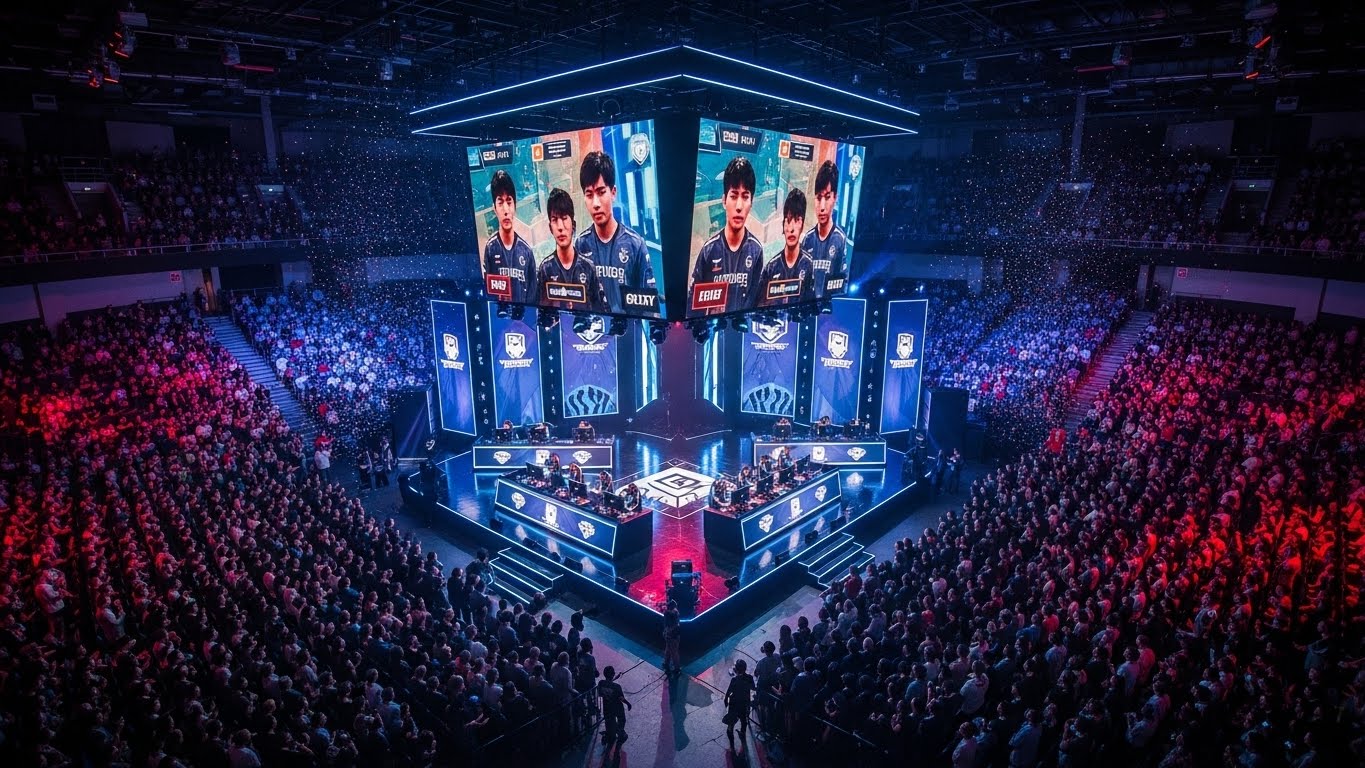Introduction
Esports, or electronic sports, has rapidly grown from a niche hobby into a global phenomenon that rivals traditional sports in popularity and influence. What was once considered simple gaming has now evolved into a billion-dollar industry filled with professional players, passionate fans, and international tournaments. Esports is more than just playing games—it is a fusion of skill, technology, teamwork, and global entertainment.
The Rise of Esports
The journey of esports began with small gaming competitions held in local communities. As technology advanced, online connectivity and live streaming platforms helped esports gain massive traction. Games that once brought friends together in living rooms are now broadcast to millions of viewers worldwide. Today, esports tournaments fill arenas, attract sponsorships, and feature professional athletes who dedicate their lives to mastering their craft.
The Professional Esports Ecosystem
Modern esports operates much like traditional sports. Players train for hours daily, join professional teams, and participate in structured leagues and global championships. Coaches, analysts, and support staff help refine strategies and performance. Esports organizations invest in training facilities and wellness programs to help players achieve peak mental and physical condition. This professional approach has made esports a legitimate career path for talented gamers across the world.
Technology Behind the Growth
The rise of esports is closely linked to technological innovation. High-speed internet, powerful gaming hardware, and advanced graphics have enhanced both player performance and viewer experience. Live streaming technology allows fans to watch matches in real-time, making esports accessible to anyone with an internet connection. Virtual and augmented reality are expected to take esports to new heights, offering even more immersive ways to play and spectate.
Esports as a Social and Cultural Movement
Esports has redefined how people connect, communicate, and compete. It has built communities where players and fans share a sense of belonging and enthusiasm. Esports events bring together individuals from different countries, cultures, and backgrounds, promoting global unity through digital competition. Beyond entertainment, esports inspires teamwork, discipline, and perseverance—values that extend beyond the screen.
Economic Impact of Esports
The esports industry contributes significantly to the global economy. It generates revenue through sponsorships, merchandise, advertising, and media rights. Job opportunities have expanded in fields such as event management, game design, commentary, and marketing. Universities and colleges now offer scholarships and courses dedicated to esports, recognizing its influence and potential for future growth.
Challenges and Responsibilities
Despite its success, esports faces challenges that need to be addressed for sustainable growth. Issues such as player burnout, online toxicity, and fair competition require continuous attention. Maintaining integrity through anti-cheating systems and promoting healthy gaming habits are crucial to ensuring esports remains a positive and inclusive environment for all participants.
The Future of Esports
The future of esports looks incredibly promising. As technology continues to evolve and global interest increases, esports will continue to bridge the gap between digital entertainment and traditional athletics. With growing recognition, potential inclusion in major international sporting events, and advancements in immersive technology, esports is set to define the future of competitive entertainment.
Conclusion
Esports has transformed gaming into a global stage of skill, strategy, and passion. It combines innovation, teamwork, and dedication, proving that competition can thrive in both physical and digital arenas. As it continues to evolve, esports will remain a symbol of modern creativity and collaboration, showcasing how technology and human talent can come together to shape the future of entertainment.



